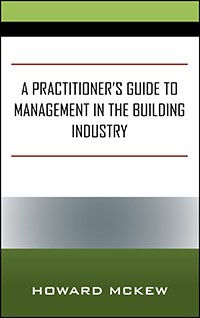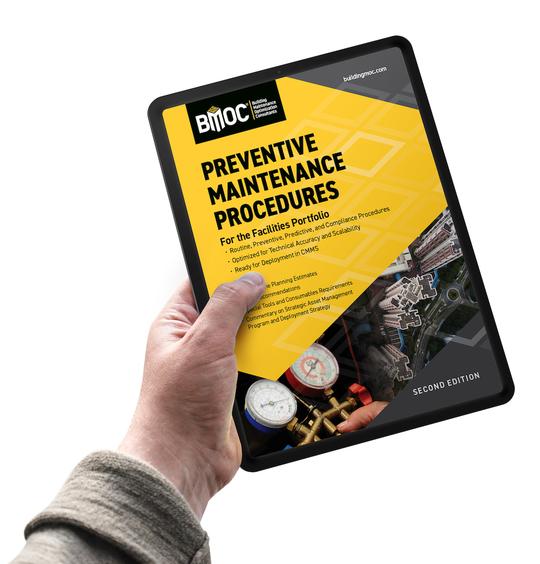Support Services Comes of Age
It’s not unusual for an industrial company ceo to say that its business is “widgets” and not support services. College and university presidents and healthcare providers have made similar statements. They will continue on to say “we are not in the business of facility management” or “we are not in the business of operation and maintenance of this building.” In turn, the focus is then directed to the cost benefits of outsourcing the support services based on this philosophy.I believe there is a place for outsourcing, out-tasking and also in-house support services. Each has its merits, benefits, advantages, and disadvantages. The problem with this type of business is that others consider it overhead, a necessary evil of business. They do not necessarily see operation and maintenance, custodial work, etc. as an integral part of their business plan. No building or organization can function efficiently without support services. No building or organization can continuously provide a reliable product without the contribution of these other groups.
As a result, I think we need to get rid of the term “support services” and find a more appropriate title, such as “business development.”
Redefining Facility Management
Ceo’s will always accept business development as part of their business plan, although most see it as an overhead and a necessary evil to company success. Applying our new title “business development,” let’s direct it towards previous support services, such as the manicured campus lawn, the clean office carpet, and/or that reliable process chilled-water system. All three of these examples can affect new business for the ceo and college president. If not properly funded, these three examples can detract from business and/or contribute to lost revenues.For a firm to be successful, it needs to have a good work environment, space comfort, clean area, good lighting, security, data communication, and hot and cold running water within occupied spaces. Those are just a few of the business development requirements necessary for peak employee performance. Predictive maintenance and preventive maintenance are a couple of the business development requirements necessary for producing a good product from a reliable production line. These same requirements apply to those “unoccupied” areas, such as rare book rooms, server centers, transformer rooms, computer rooms, and enclosed garages.
Business development, associated with facility management, can also take credit for cost avoidance when buildings are well maintained and the facility is safe, in compliance with local, state, and federal code compliance, and environmentally friendly. How much business do you think a company would bring in if its building was featured on the front page of the local newspaper with the heading “Sick Building,” “Fire Trap,” or “State Inspector Condemns Building Life Safety System”?
Stepping into the 21st Century
In today’s website technology, our business development group (a.k.a. support services) needs to go online! Facility managers should be strategically planning to mirror what other forms of business development offers when it comes to having a website. Building management reporting, current events, tenant workorder requests, capital project updates, and “kudos” from occupants for a “job well done” are just a few of the business development tools to contribute to the business at hand.Support service organizations such as AFE, ASHE, and IFMA should be looking to erase the connotation that their business presents and reinvent themselves into business development groups that contribute to the company or institution’s bottom line. Simply put, “Let’s get rid of support services!”



